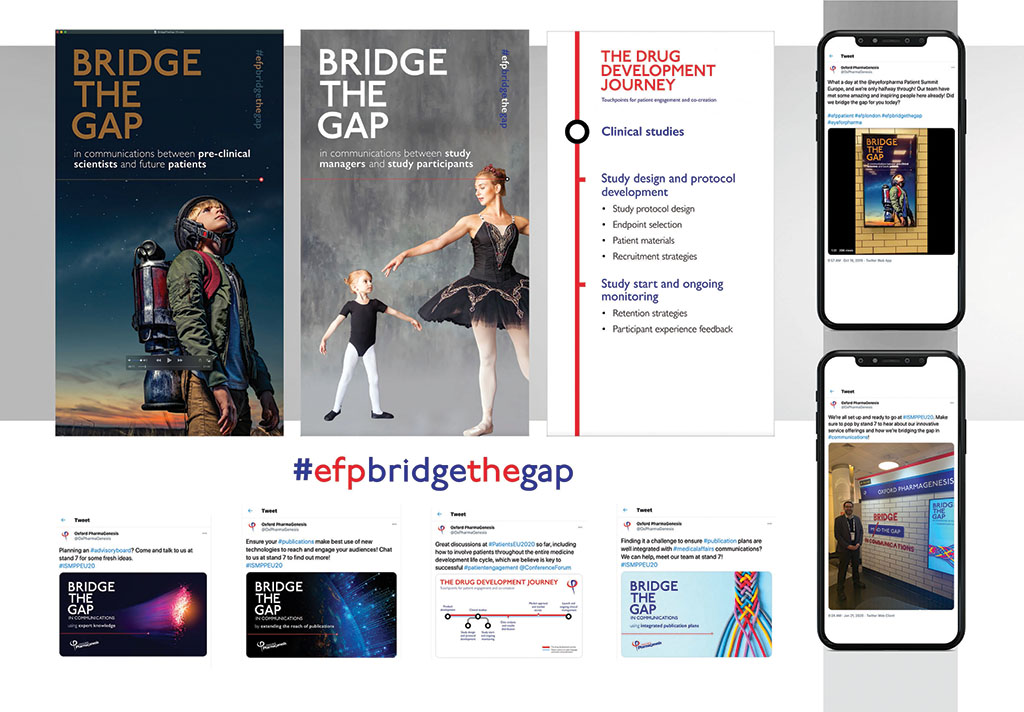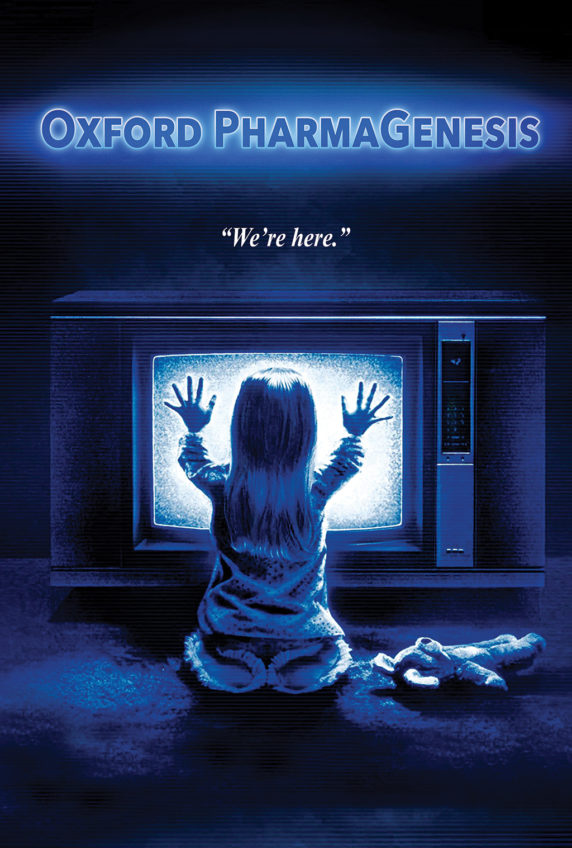When asked about the most crucial function Oxford PharmaGenesis provided for its clients during the chaos of 2020, chief operating officer Richard White has an interesting single-word answer: Demystifying.
“Companies are starting to dabble in artificial intelligence, automation and machine learning, particularly in the area of clinical medicine,” he explains. “But most physicians and decision-makers don’t understand these things, so it’s hard for them to engage and trust the outputs. As an evidence-based communication company, we can help.”
That summarizes the enduring appeal of Oxford PharmaGenesis, a global operation that bills itself as “the HealthScience Communicators.” Indeed, members of the company’s leadership team are proud of their contributions in the time of COVID.

“We quickly rolled out webinars and other communications to help clients explain the implications of the pandemic,” says CEO Chris Winchester. “For instance, should you keep patients with MS on drugs that might dampen their immune system?” To that larger point, Winchester is proud of the firm’s support for Evidence Aid, a charity: “It worked to provide the best available evidence during what was then an infodemic of poor-quality information. Half the time, no one knew what to believe.”
The bulk of the Oxford PharmaGenesis team is housed overseas, with only one of its eight offices located in the U.S. It was nonetheless a fine year on these shores, with revenue derived from work in North America increasing from $13.5 million in 2019 to $22.8 million in 2020. Head count in the U.S. jumped from 47 at the end of 2019 to 63 a year later.
“It was a year of immense change, with many activities canceled or changed,” White acknowledges. “Clients weren’t sending people all over the world for evidence-generation workshops, so budgets were freed up — and we could help with virtual events and other solutions.”
At the same time, White admits that the agency was figuring things out on the fly, just like everyone else. “We had to find the best way to do a poll, to allow people to give feedback when they weren’t in the room,” he continues. “If somebody found a good tool in a workshop, they told everyone. In a virtual setting everyone is equal, so the contributions you get are much richer.”
Among the new clients picked up last year were Pfizer and Merck (on blockbuster immunotherapy Keytruda). EVP Brian Falcone says the latter assignment tested the agency’s mettle: “We were brought on in a very high-pressure environment …. We know from its newsworthiness and from clinical trials just how game-changing this drug is.”
Which isn’t to say the agency spent the year exclusively hunting big game. “We celebrate smaller companies just as much,” White says, pointing to a host of biotechs in the rare-disease realm. “They’re creating the first products ever for a particular indication. That can make a huge difference to patients.”
Look for continued growth in North America during the remaining months of 2021 and beyond, and look for Oxford PharmaGenesis to take one of the lessons learned during the pandemic to heart. “We’ve rolled out location-agnostic recruitment across the organization. If you’re talented, we don’t care where you live,” Winchester says.
. . .
The idea I wish I had…
Amplyfi’s COVID-19 tracker, Coronavirus Gateway. For the tracker, the company customized its research platform and reporting tool to collect global information from a range of sources and present it in a dashboard that updates automatically every 10 minutes. The tracker isn’t just a very topical and useful research tool; it’s also a superb showcase for Amplyfi’s offerings. — Chris Winchester
From the June 01, 2021 Issue of MM+M - Medical Marketing and Media








